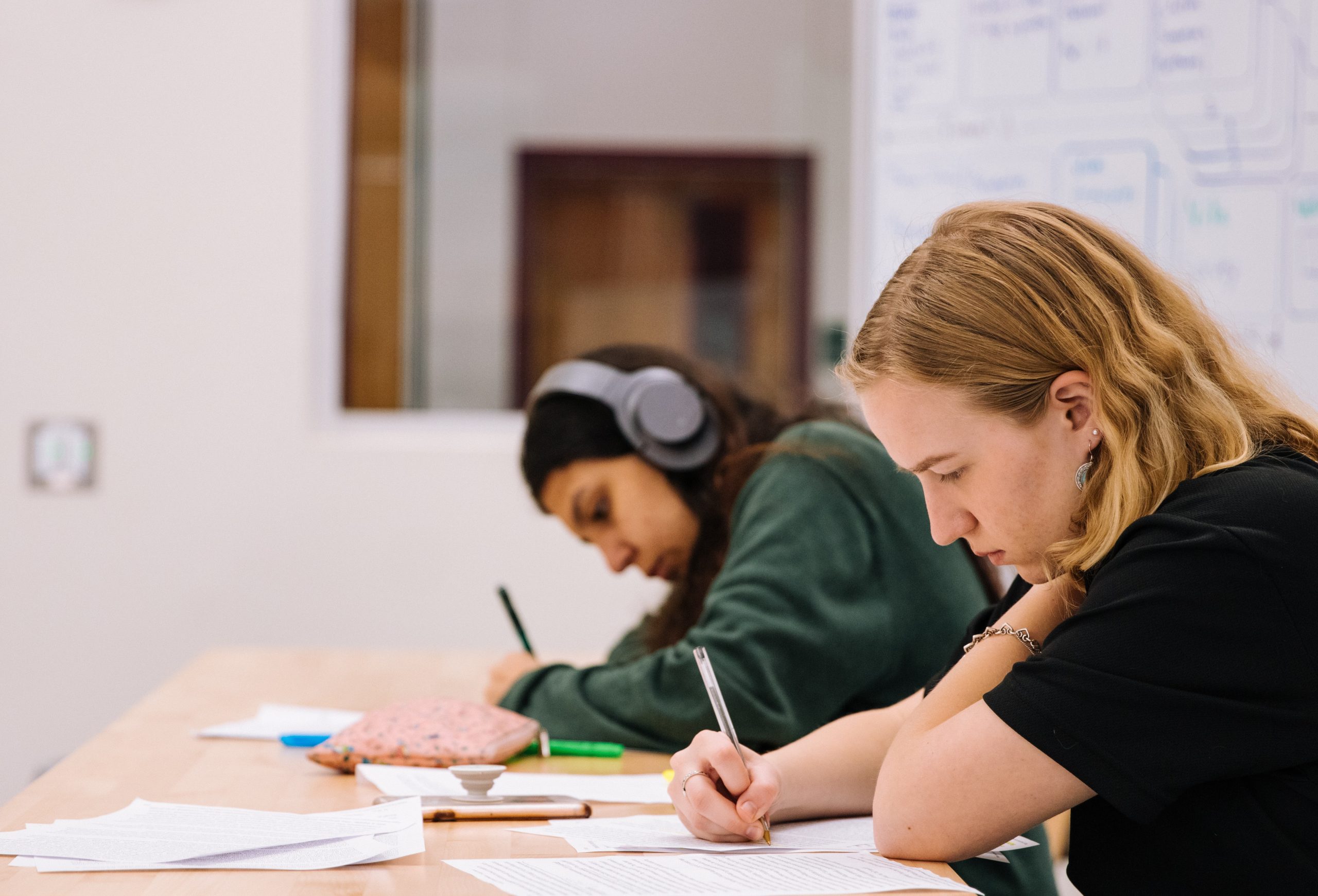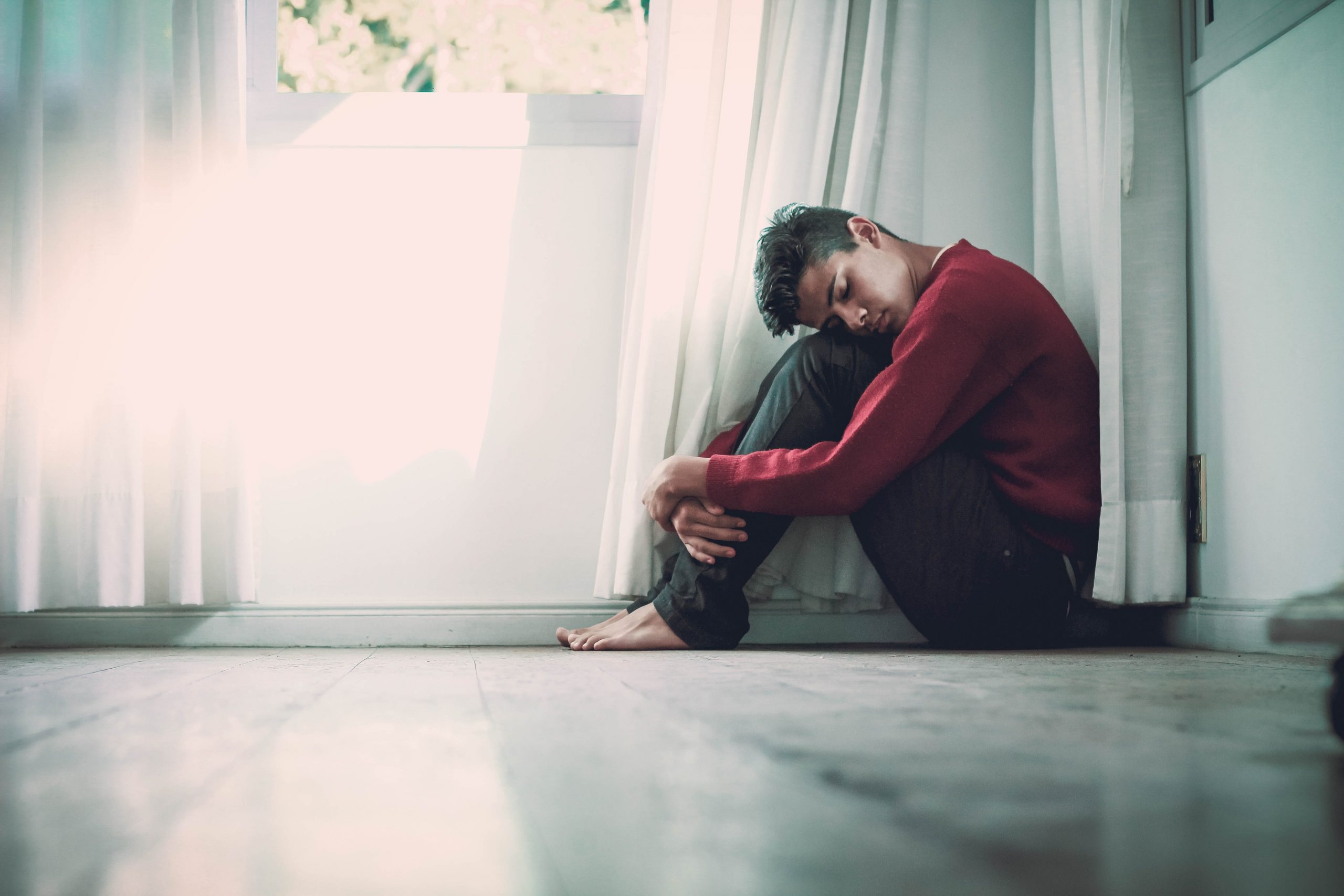Carys Hopkins argues that young people are not given the necessary practical education – such as how to deal with mental health issues – to maximise stability throughout their lives.
In recent years, my village and local community in Wales have been through a series of losses. Five boys, all of whom attended my high school, have passed away because of suicide.
My high school did not acknowledge any of this. Instead of ensuring the wellbeing of its students, they continued to promote academic achievements and goals and stress the importance of exam grades, through the continuous use of mock exams and tests.
In contrast, my community came together in support of one another, and for the families: a charity was set up to spread awareness about mental health for young people and to provide any support young people may need. The charity engaged with young men to encourage them to speak about their mental health and ask for help.

Credit: Jewsin Thomas / Unsplash
I, and everyone else at my high school, felt let down by both the school and the national educational system. As young people spend most of their time in school, until they are at least 16 years old, they should get better care and education there when it comes to mental health. It should be part and parcel of fulfilling their right to education and could even safeguard their right to life, both of which are enshrined in the Human Rights Act.
The Welsh education system needs to adapt to today’s generation and recent progress within society. Currently, that means demanding a change in attitudes towards and understanding of mental health. Preventing anything starts with education. Attempts to address mental health issues after a terrible act are, more often than not, too little too late.
We have to try and heal the root causes of depression, anxiety and other forms of mental health issues. We have to give young people the necessary resources before they have periods of poor mental health, not after a tragic event.
Educators are often the first to see changes in pupils. A 2018 report for the Sennedd – the Welsh parliament – found that teachers “often lack the confidence and capacity” to engage and help children with their mental health. Therefore, shouldn’t it be essential to give members of staff the training they need to recognise the symptoms of poor mental health? As a method of prevention, members of staff in schools need awareness and education themselves, to provide children with the care and support they deserve – as is their duty as teachers and educators.
And the children are asking for it! A survey found that 65.9% of young people said they would like their school or college to teach them how to look after their mental health. Newport Mind and the Changing Minds Project have stressed the “preventative nature of the project and the greater strain on GPs, A&E and local primary mental health support services if it did not exist”. With the underfunding of mental health services and clear evidence that mental health education works – as a preventive measure that sees a reduction in the need for later interventions – why not provide it?

Credit: Emma Simpson / Unsplash
We are all bombarded with the message to speak up if you are having difficulties with mental health, but with limited resources and long waiting lists, the NHS is frequently unable to provide for people experiencing mental health issues.
Schools offering education to young people about mental health seems the most logical and practical step because it allows individuals to build good habits surrounding their mental health from an early age.
Where is the MPs’ and teachers’ outcry for a massive update to the system? The children are calling the adults to come and help. When they are going through tough periods, the education system must provide the necessary tools, such as lessons on practising mindfulness and recognising when to seek help from a professional. When equipped with the knowledge of how to cope, symptoms will be easier to manage and our children will be able to thrive.
The views expressed in this article are those of the author and do not necessarily reflect the views of EachOther.
About ‘The Inspired Source’ Series
This series is part of our work to amplify the voices of aspiring writers that are underrepresented in the media and marginalised by society. Each piece examines a human rights issue by which the author or their community is affected. Where possible, authors outline a position on how we might begin to address the issue. Find out more about the series and how to send us a pitch on this page.







